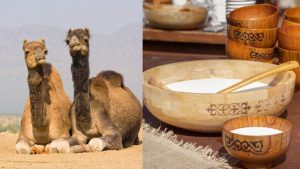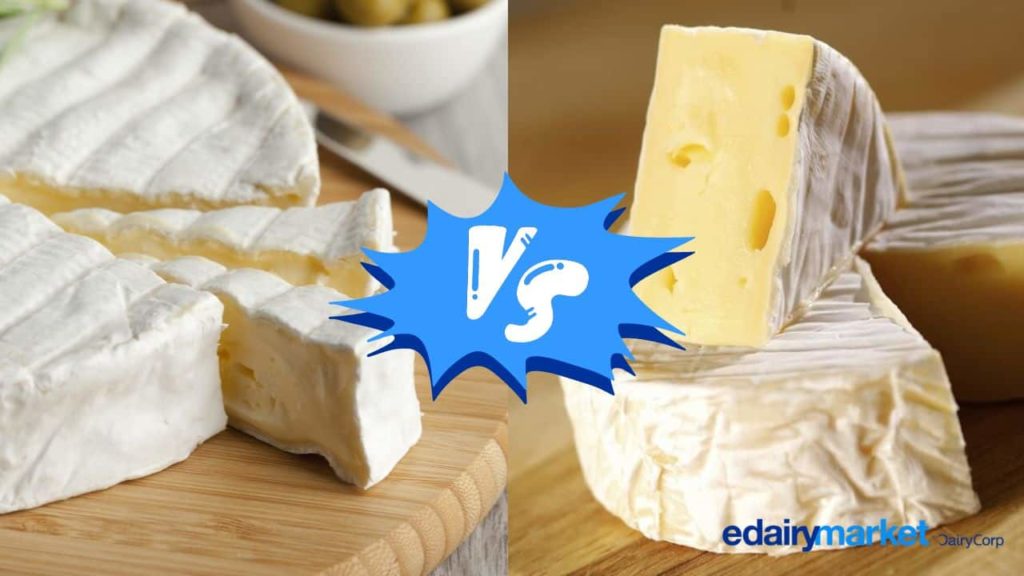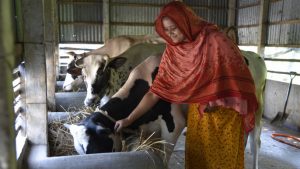
According to the agreement signed with the state government, Anand Milk Union Limited (Amul) will invest ₹385 crore to establish the biggest ice cream manufacturing unit in the country.
Dairy giant Amul has reportedly been roped in by the state government of Andhra Pradesh to build India’s biggest ice cream plant in Chittoor.
The Chief Minister, YS Jagan Mohan Reddy, laid the foundation stone for the plant on Tuesday.
According to the agreement signed with the state government, Anand Milk Union Limited (Amul) will invest ₹385 crore to establish the biggest ice cream manufacturing unit in the country, along with other dairy product manufacturing plants in Chittoor, in a phased manner.
True to his word, the government entered into an agreement with Amul to revive and strengthen the cooperative, with a particular focus on benefiting women dairy farmers in the state through various measures.
The government also launched the Jagananna Paala Velluva scheme, which enables women dairy farmers to earn an additional ₹20 per litre of milk procured.
Jagan stated that the new dairy would begin production within 10 months.
He said, “Amul will establish the largest ice cream manufacturing facility in the country at a cost of ₹150 crore.
In addition, manufacturing units for butter, milk powder, cheese, paneer, yogurt, and sweets will be established gradually.”
The new dairy units will provide direct employment to 5,000 individuals, while more than 2 lakh people will benefit from indirect employment opportunities.
“The revival of the Chittoor dairy will also benefit 25 lakh dairy producers. The dairy remained closed for 20 years due to the negligence of previous governments. We have now revived it by clearing debts of ₹182 crore.
To further strengthen the dairy sector, the state government is setting up 4,796 automated milk collection centers and bulk milk cooling units at a cost of ₹2,452 crore, which will be handed over to women dairy cooperatives upon completion,” said the chief minister. He also laid the foundation stone for a 300-bed CMC hospital in Chittoor.
Meanwhile, K Atchannaidu, the President of the TDP state unit, expressed concerns in a letter to the Chief Secretary, KS Jawahar Reddy, about surrendering public properties and cooperative dairies worth thousands of crores to Amul.
He claimed that this decision would lead to the closure of the long-standing cooperative system. Atchannaidu alleged that Jagan, who had promised to revive cooperative dairies including Chittoor dairy, had changed his stance after assuming power.
He further claimed that Amul had been invited to the state with the intention of weakening cooperative dairies, and surrendering Chittoor dairy to the company was an insult to Telugu pride.


















